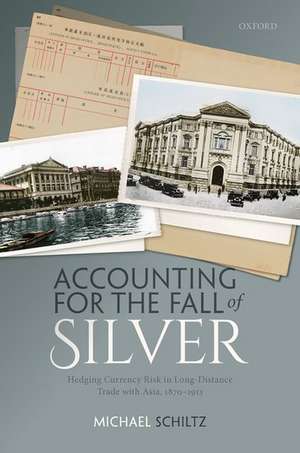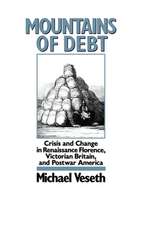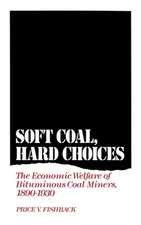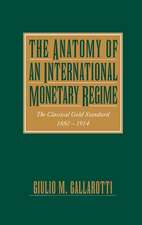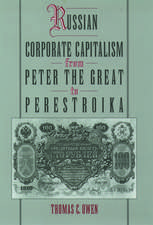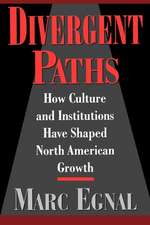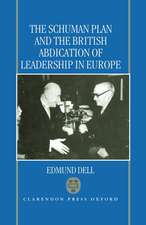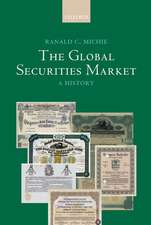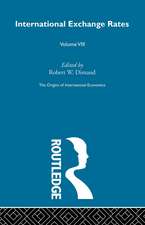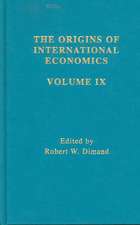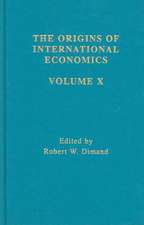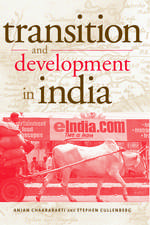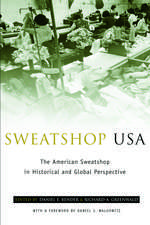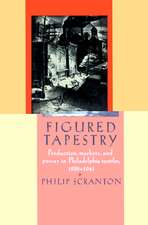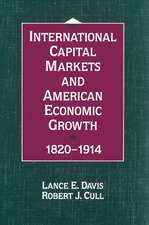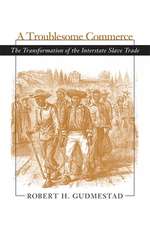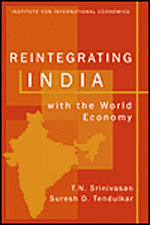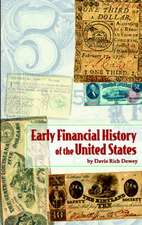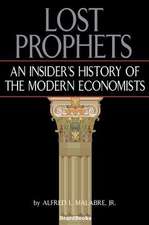Accounting for the Fall of Silver: Hedging Currency Risk in Long-Distance Trade with Asia, 1870-1913
Autor Michael Schiltzen Limba Engleză Hardback – 20 oct 2020
Preț: 533.49 lei
Preț vechi: 714.07 lei
-25% Nou
Puncte Express: 800
Preț estimativ în valută:
102.08€ • 106.58$ • 84.49£
102.08€ • 106.58$ • 84.49£
Carte disponibilă
Livrare economică 03-10 martie
Preluare comenzi: 021 569.72.76
Specificații
ISBN-13: 9780198865025
ISBN-10: 0198865023
Pagini: 216
Dimensiuni: 165 x 245 x 25 mm
Greutate: 0.49 kg
Editura: OUP OXFORD
Colecția OUP Oxford
Locul publicării:Oxford, United Kingdom
ISBN-10: 0198865023
Pagini: 216
Dimensiuni: 165 x 245 x 25 mm
Greutate: 0.49 kg
Editura: OUP OXFORD
Colecția OUP Oxford
Locul publicării:Oxford, United Kingdom
Recenzii
This is a serious work of scholarship about an important episode in global monetary history. An impressively researched book about the mechanisms and risks of payment systems in the golden age of globalization. Schiltz argues that the gold standard was the effect, not the cause, of the golden age of globalization. In the multi-polar trade economy of the late 19th century, exchange banks were key mediators — and risk mitigants - among the varieties of world currencies. Schiltz studies the adoption of the gold standard as a great risk shift that both disrupted existing financial institutions and changed the mechanisms by which this fundamental risk was mitigated.
Notă biografică
Michael Schiltz is Associate Professor at the Modern Japanese Studies Program at the University of Hokkaido. Before this he had a hybrid role at the Graduate Institute, Geneva, and was the digital preservationist and curator for a unique collection of historical stock exchange quotes hosted there. From 2011-2016, he was an associate professor at the Institute for Advanced Studies on Asia, University of Tokyo. Schiltz is the author of The Money Doctors From Japan: Finance, Imperialism, and the Building of the Yen Bloc, 1895-1937 (Harvard University Press, 2012).
